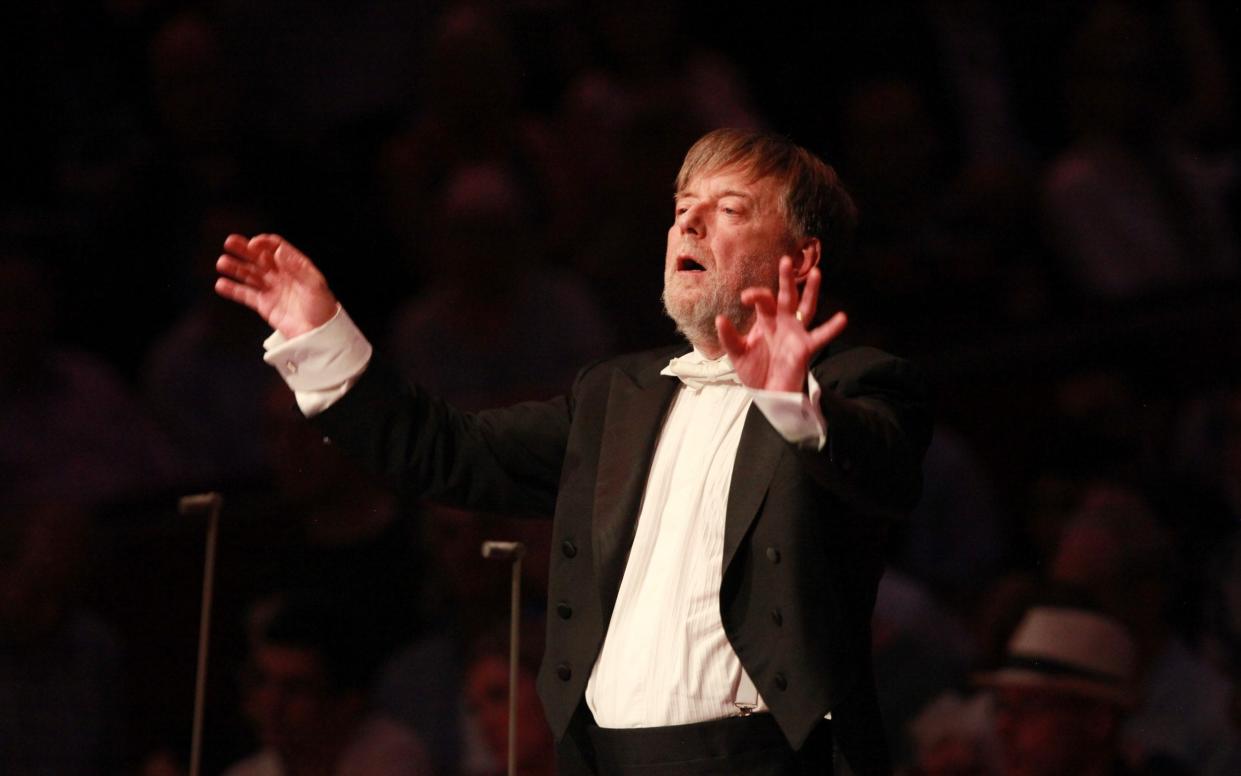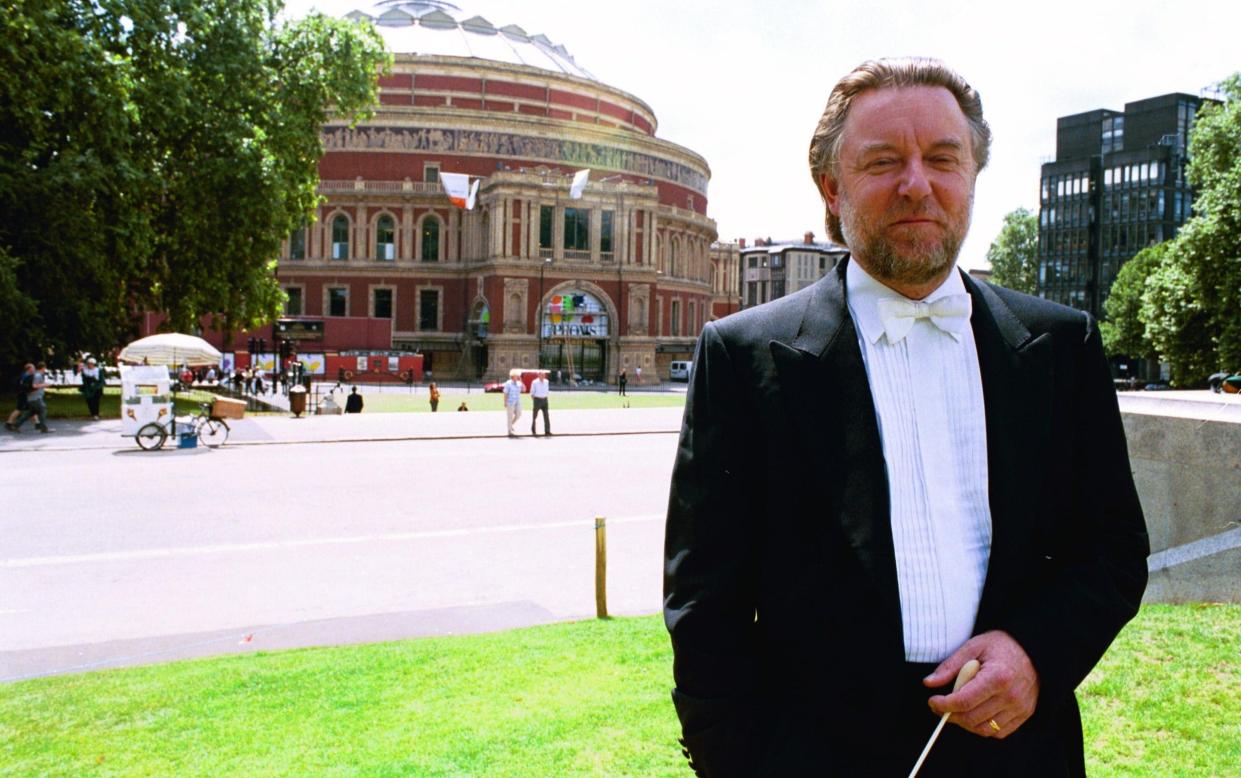Farewell to Andrew Davis, a conductor who was truly great but never grand

Andrew Davis, who has died at the age of 80, was one of those conductors who may lack exciting podium charisma, but who more than make up for it in musical insight, emotional warmth and charm – and also in sheer hard graft. In the late 1980s and ’90s, Davis was simultaneously chief conductor of the BBC Symphony Orchestra and music director of Glyndebourne Festival Opera, and 20 years later was commuting between Melbourne, where he was chief conductor of the Melbourne Symphony Orchestra, and Chicago, where he was music director of the city’s Lyric Opera.
And yet he never disappeared from the British musical scene, in fact his regular appearances with the BBC Symphony Orchestra were a comfortingly fixed point amid the swirl of constant change.
For many music-lovers, Davis (who was knighted in 1999) will for ever be remembered as the man who compered a dozen Last Night of the Proms, with a still unrivalled wit and good humour. That popular touch, together with a sense that his musical tastes were too parochial, too focused on English composers from Handel to Vaughan Williams, led some to think that he didn’t really deserve a seat at the top table of conductors. Also, he was simply too nice. Davis never threw tantrums or resorted to sarcasm, and orchestral players loved him for it. He lacked that touch of the martinet that for some marks out the proper maestro, and also had an endearing fondness for slightly off-colour jokes.
Underneath the joker, however, was a sharp musical intelligence, and an energy that in the finale of a Mahler symphony could suddenly turn demonic. And his range was far from narrow. Two years ago, he led the BBC Symphony Orchestra in a recording of music by that genius of late-Romanticism so ripe as to be almost putrescent, Alban Berg.
It was as bewitching and as seductive as any recording by a “proper” Middle-European maestro, and remarkable also for Davis’s own arrangements of two instrumental works by Berg that were masterly, and probably better than the composer himself could have managed. And nor was he afraid to tackle the most arduous and complex contemporary scores. His recording of Birtwistle’s immense Mask of Orpheus caught the work’s oceanic melancholy and many-layered prismatic sound to perfection.

But it was his performances of late-19th and 20th-century British music that seemed to suit the Hertfordshire-born Davis’s temperament best. Because that temperament was interestingly complicated in a typically English way – jokey, big-hearted, explosive and visionary, all at once – the music-making soared beyond the narrow clichéd terms of “nostalgic” and “folk-like” with which English music is so often saddled.
I remember a wonderful performance of Delius’s Mass of Life at the Edinburgh International Festival in 2012 that had an incredible vaulting, magnificent energy. Less than a year ago, he conducted a performance of Michael Tippett’s Concerto for Double String Orchestra in which the tricky “sprung” rhythms derived from Elizabethan music – which can so often sound effortful – floated and danced with perfect ease. Then came Tippett’s oratorio A Child of Our Time, where the pages of real inspiration can be dragged down by earnest moralising.
Under Davis’s wise direction, the whole piece soared. It exemplified the humanity of his music-making, the way rumbustiousness and visionary strangeness rubbed shoulders in a way no one else could quite match.


